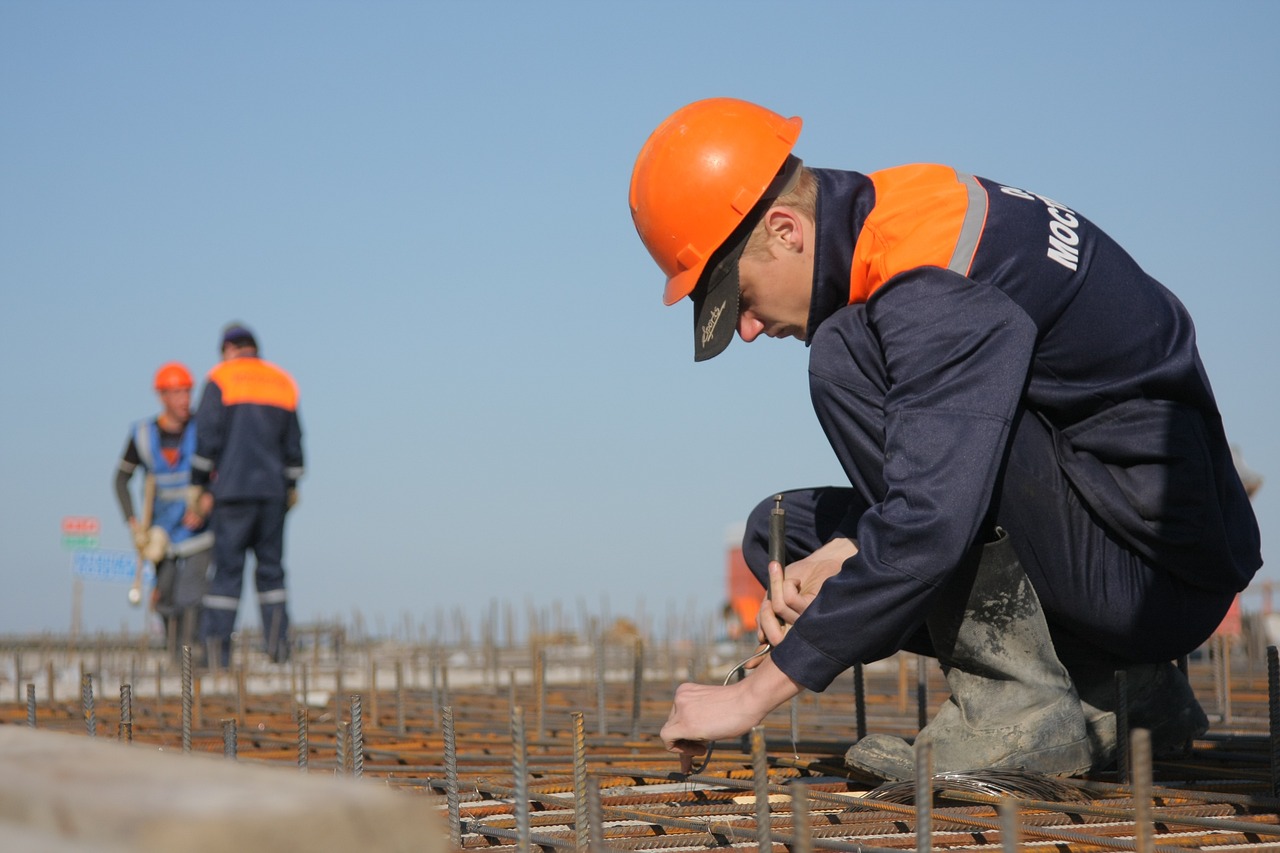You suspect your property’s roof is leaking and are looking to sell. Yikes. Or perhaps you have purchased a business building that requires a big facelift and a new, high-quality roof to secure your investment. You’re wondering: “How do I choose a commercial roofer who can help?”
Elevate can steer you in the proper route. We provide commercial roofers throughout the country with the knowledge, tools, and high-quality roofing materials they require to complete your next maintenance, repair, or installation project.
How To Choose A Quality Commercial Roofing Contractor
Before hiring a commercial roofing contractor, consider the magnitude of the work. Regardless of the work, we recommend completing your research and choosing a roofer who ticks all of the appropriate boxes.

If your roof has been leaking for a time, you’re probably looking at a major repair. While it is often possible to repair a leaky roof without completely removing and replacing it, this is not always the case. Check out this information if you need help deciding which roofing system is ideal for your needs.
1. Start with local roofing companies
Local roofing businesses have an edge since they understand the obstacles provided by local weather patterns, as well as building laws and other regulations. Local weather conditions can have a considerable impact on roof installation. Incorrectly installing any roofing material can result in serious problems down the road. For example, using the wrong vapor retarder or air barrier for your environment can result in moisture problems.
If necessary, you can pay a quick visit to a local contractor, evaluate their previous work, and speak with past clients. Furthermore, task site closeness may cut their pricing because they will not charge you for material delivery fees.
2. Check Experience and Request Referrals
While your roofer must have many years of experience, they should also have worked on jobs similar to yours. The contractor must be familiar with every roofing material that they install or repair.

So, while comparing bids, ask if the company has done similar roofing work to yours, even if they have been in business for decades. Consider alternatives if the company has always built EPDM roofs but now offers to fix your TPO roof despite having no prior experience with the material.
3. Confirm Licenses and Certificates
If your state requires roofing licensure, use a licensed commercial roofer. For example, California requires a C-39 Roofing Contractor license for jobs exceeding $500. Other states, including Texas, have no explicit licensing requirements. Instead, the Roofing Contractors Association of Texas operates a voluntary self-regulation scheme to ensure that Texas contractors possess the necessary knowledge and skills. There are several local guidelines and types of roofing restrictions. Find a contractor who meets the local licensing criteria.
It’s also crucial to ask if the roofer has any certifications for installing supplies. The National Roofing Contractors Association (NRCA) certifies workers, crew leaders, and other roofing company professionals who meet the requirements for a specific certificate.
So, check to see if your contractor has NRCA certificates for installing roofing materials. Many other associations, institutes, and manufactures can also offer different types of certificates. In addition, ensure that your contractor and the producer of the materials they want to install are members of the NRCA or any other recognized state or local roofing group.
The more they are associated with reputable roofing organizations, the better.
4. Request proof of insurance coverage.
Before analyzing a contractor’s insurance coverage, consult with a lawyer or an insurance specialist. We cannot provide professional or legal insurance advice, but we can assure you that your roofing contractor must be covered in accordance with industry norms.
Depending on your local legislation, you or your company may be held accountable for accidents, lawsuits, and employee injuries if your contractor does not carry proper insurance. Roofers should carry at least three insurance policies: workers’ compensation, general liability, and a surety bond.
5. Get At Least Three Quotes
Request at least three distinct roofing proposals from various contractors to gain a better understanding of the best remedies to your roof’s problems. Quote prices can vary greatly depending on the proposed materials, guarantee, and craftsmanship quality. It is a good idea to request an itemized quote. An itemized estimate will allow you to examine price differences for the same or similar materials, giving you some leverage to haggle.
Project scheduling can also have a substantial impact on the bidding process. Make sure that the bids include the project’s start and proposed completion dates. It can be more expensive for a contractor to start right once, whilst a less priced roofer may not schedule your roofing job for months.
6. Ask For Warranty Details
Request that bidding roofers provide a specific warranty in writing. Then, compare warranty nuances to see who has a better plan. Contractors offer a limited warranty, but you may be able to obtain a manufacturer’s warranty for the installed materials. Elevate Red Shield Limited Warranties, for example, last anywhere from 5 to 30 years. They provide material and labor coverage, as well as comprehensive, no-dollar-limit liability, assuming Elevate-branded products are installed by licensed contractors in accordance with specifications.
Choose Elevate Contractors
Elevate™ successfully serves construction owners, builders, and other industry professionals in an ever-changing business with tiny margins for error and major setbacks for everyone involved. Elevate collaborates with licensed contractors who appreciate outstanding execution, invest in their people, and take great satisfaction in achieving greatness.
- ogden commercial roof
- commercial roof replacement
-
commercial roof maintenance








